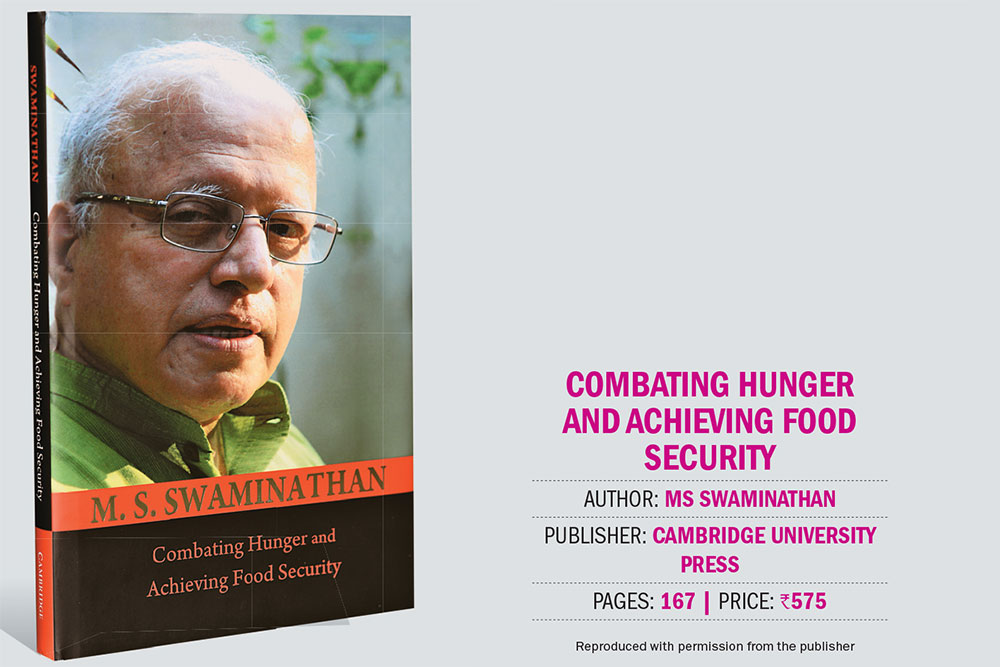In my view, we should attend to the following six areas to safeguard the stability and sustainability of agricultural production in our country. First, we should ensure that soil health is not only conserved but improved continuously. This will require concurrent attention to the physics, chemistry and micro-biology of soil. Also, we should take steps to ensure that good farm land is conserved for agriculture.
Second, irrigation water security will have to be ensured through integrated attention to harnessing rainwater, river and other forms of surface water, groundwater, treated wastewater and seawater. The conjunctive use efficiency through methods like more crop per drop of water need urgent attention.
Third, technology and inputs need to be tailored to the agro-ecological and socio-economic conditions under which farmers work. Technology is the prime mover of change and a technological upgrading of agricultural practices through the introduction of biotechnology, information technology and appropriate agricultural mechanization is essential to attract and retain youth in farming. Also, technology development and dissemination should be gender-sensitive and farm implements should be specially designed for women farmers.
Fourth, farmers should receive appropriate credit and insurance support. Credit should be made available at 4 per cent or even lower rate of interest as recommended by the NCF. Insurance procedures must be made more effective and should promote group insurance on an agro-ecological basis. This will bring down the transaction cost. Assured and remunerative marketing ultimately holds the key for economically viable agriculture. Procurement at the minimum support price (MSP) is the greatest incentive to farm families. If procurement goes down, production will go down and we will not be able to sustain the commitments made in the Food Security Act... The World Trade Organization (WTO) regulations may come in the way of providing our small farmers prices, which can help keep them above the poverty line.
We should take the stand at WTO negotiations that in the case of countries like India, where over 50 per cent of the population depends for their livelihood on crop and animal husbandry, fisheries and agro-forestry, there should be a Livelihood Security Box on the lines of the Green Box provisions, which are being taken advantage of by industrialized countries for providing very high subsidies to their farmers. There is still widespread malnutrition in our country and as emphasized by our Commerce Minister at the Bali WTO Negotiations, a hunger-free India is a goal, which is non-negotiable. There should be a distinction between subsidies, which distort world trade and those, which are designed to provide social protection against hunger.
Finally, there is need to give the power and economy of scale to small holders. This can be in the form of cooperatives... and producer companies. Group farming... can also be promoted. Today, the small farmer has neither the holding capacity nor the bargaining power to ensure that he is able to get a reasonable price for his produce. Also, some kind of group cooperation is essential to promote ecologically sustainable production measures like integrated pest management, scientific water management, and improved post-harvest management. Currently, there is a mismatch between production and post-harvest technologies, thereby resulting in losses to both producers and consumers.







